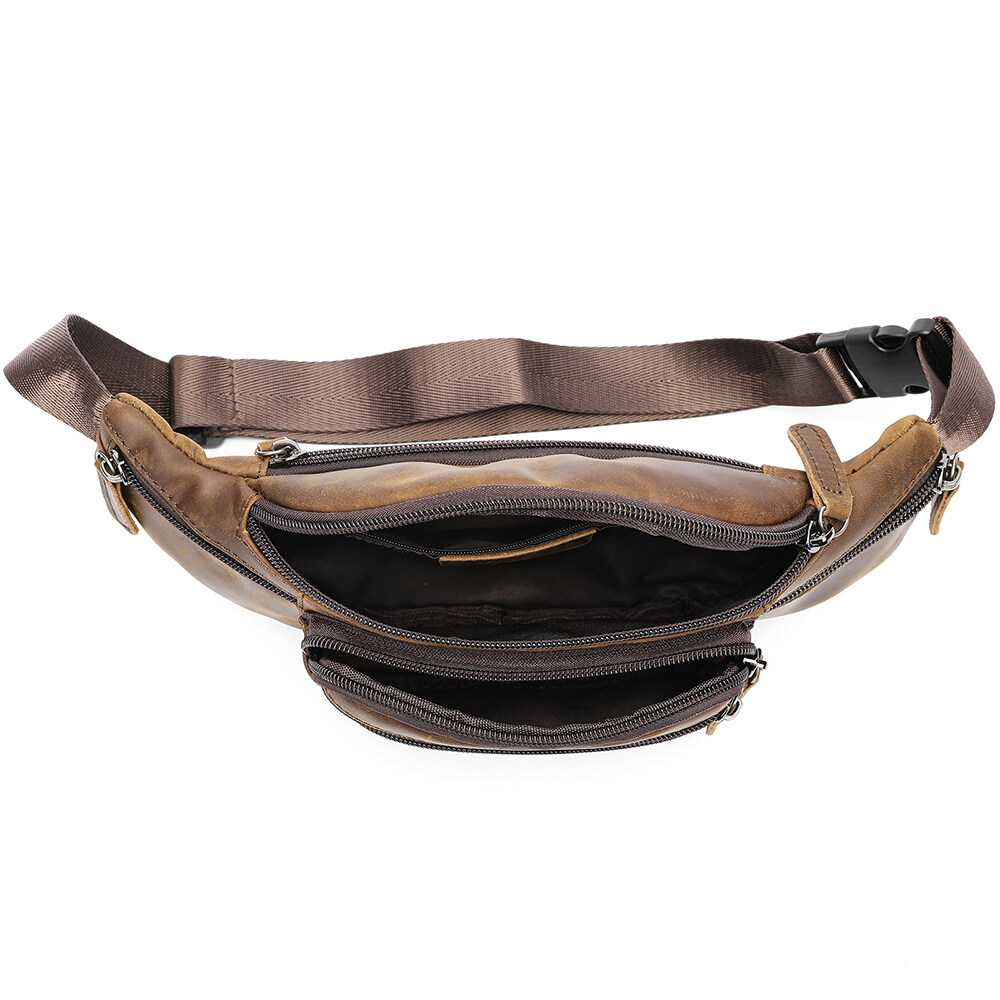ইমেল বিন্যাস ত্রুটি
emailCannotEmpty
emailDoesExist
pwdLetterLimtTip
inconsistentPwd
pwdLetterLimtTip
inconsistentPwd


Understanding the Role of a Leather Bag Importer in Today’s Market
In the dynamic world of fashion, leather bags remain a staple for many consumers. As a leather bag importer, understanding the nuances of this market is crucial. This article will delve into the trends, sourcing, and best practices for importing leather bags, emphasizing the importance of strategic partnerships and market awareness.
The Growing Demand for Leather Bags
Leather bags have always held a place of prestige in fashion. The global market for leather products, particularly bags, continues to grow. As a leather bag importer, recognizing consumer preferences—such as sustainability and style—can significantly impact your business success.
Key Trends in Leather Bag Importation
1. Sustainability in Fashion
Sustainability is not just a trend; it’s a consumer demand. As an importer, you must be aware of ethical sourcing practices. Many buyers prefer products made from sustainably sourced materials.
2. Rise of E-commerce
The shift towards online shopping has transformed how consumers purchase leather bags. An effective online presence is essential for any leather bag importer looking to thrive in the digital marketplace.
3. Fashion Collaborations
Collaborations between brands and designers are becoming more common. As an importer, leveraging these partnerships can help you tap into exclusive collections and unique designs, such as the latest China leather waist bag trends.
Sourcing Leather Bags: Best Practices
Sourcing is a critical aspect of being a successful leather bag importer. Here are some best practices:
- Establish Relationships with Suppliers
Building strong relationships with manufacturers and suppliers, especially in countries known for high-quality leather production, is vital.
- Quality Control
Ensure that the products meet international quality standards. As an importer, conducting regular quality checks can save you from potential losses and maintain your reputation.
- Market Research
Stay informed about market trends and consumer preferences. This knowledge allows you to make informed decisions about the types of leather bags to import.
Navigating Legalities and Regulations
Understanding the legal landscape is essential for any leather bag importer. Import regulations can vary significantly by region, affecting tariffs and trade agreements.
1. Customs Regulations
Familiarize yourself with the customs regulations of your importing country. Misunderstanding these can lead to delays and additional costs.
2. Tariffs and Duties
Be aware of any tariffs applicable to leather goods. This knowledge is essential for calculating your total import costs and pricing strategies.
3. Product Compliance
Ensure that your products comply with safety and labeling requirements in your target market. This step is crucial to avoid legal issues and enhance consumer trust.
Marketing Strategies for Leather Bags
To succeed as a leather bag importer, effective marketing strategies are vital:
1. Utilizing Social Media
Platforms like Instagram and Pinterest are excellent for showcasing leather bags. High-quality images and engaging content can attract potential customers.
2. Influencer Collaborations
Partnering with influencers can significantly enhance your brand visibility. Influencers can help promote your products to a broader audience.
3. Content Marketing
Educating your audience through blogs, videos, and tutorials can position you as an industry expert. Content related to leather care, styling tips, and product features can engage consumers effectively.
Challenges Faced by Leather Bag Importers
Being a leather bag importer comes with its challenges:
- Supply Chain Disruptions
Global events can disrupt supply chains, leading to delays. Developing contingency plans is essential for maintaining operations.
- Changing Consumer Preferences
The fashion industry is ever-evolving, and keeping up with trends can be challenging. Regular market analysis is crucial.
- Competition
The market for leather bags is competitive. Differentiating your offerings through unique designs or superior quality can help you stand out.
The Future of Leather Bag Importation
The future for leather bag importers looks promising, with an increasing demand for diverse styles and sustainable practices. Staying adaptable and informed will be key to thriving in this dynamic environment. 
Conclusion
In summary, being a successful leather bag importer requires a deep understanding of market trends, effective sourcing strategies, and robust marketing practices. By keeping an eye on consumer preferences and maintaining strong supplier relationships, you can navigate the complexities of this industry and achieve long-term success.
With the growing trend of China leather waist bags and other innovative styles, the opportunities are vast for those willing to embrace the challenges and adapt to the ever-changing landscape of fashion.

